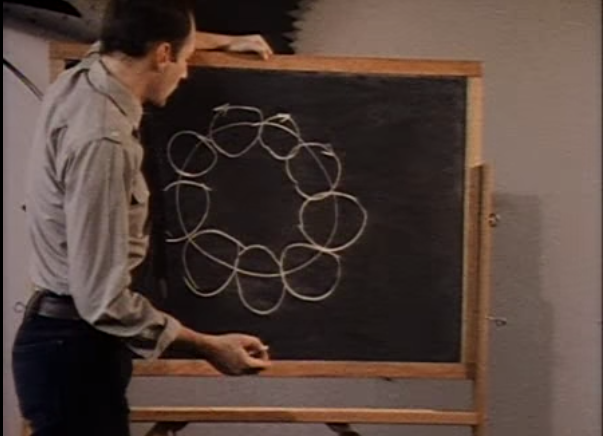Who has the right to belong?
This question sits squarely on my chest as a researcher, teacher, and writer. For though many of us, experience that pang, that sensorial desire to be accepted as we are, we are not often the ones who write the rules of inclusion. This leaves us to go about our lives, absorbing social codes, managing these rules, and then deciding how best to present versions of ourselves, in the hope that we might feel the right to belong.
It is this work, this individualized, ephemeral, and often invisible work of belonging that shapes my research. Such emotional and psychic work makes me wonder: How might the realm of the fictive, when rendered through the logics and formulas of narrative, make known to us what we regularly only feel? And what do we see when our inner, psychic worlds take form through words on a page, dialogue in a television show, or scenes in a film?
These questions require that we approach emotion differently than we might normally. Rather than see emotion as a rhetorical tool or an illustration of one’s ‘humanity,’ what if we approach emotion as a psychic space where dominant ideologies and power systems take root—what might political engagement look like when we see emotion as a space for ideological rupture? What can an investigation of emotional negotiations tell us about the right to belong?
In this way, the political resonances of my research are embedded in how our daily interactions illuminate the intricacies of power systems designed to obfuscate and obviate anti- colonial, -imperialist, -heteropatriarchal, and -transmysoginistic endeavors.
***
 Image is a still from “Born in Flames,” a 1983 documentary-style feminist film by Lizzie Borden. In this image, a man is trying to figure out how to dismantle the various feminist revolutionary groups overtaking the public sphere of the city. He is perplexed by their ability to maintain separateness (the individual small circles) while still working together (the larger circle intersecting the individual spheres). This image is formative to my feminist praxis, reminding me always that solidarity means holding space for difference (whether it be regarding political objectives or daily experiences of oppression). An act of solidarity that completely befuddles individuals (like the straight, cis, white man featured above) who work endlessly to dismantle revolutionary redistributions of power.
Image is a still from “Born in Flames,” a 1983 documentary-style feminist film by Lizzie Borden. In this image, a man is trying to figure out how to dismantle the various feminist revolutionary groups overtaking the public sphere of the city. He is perplexed by their ability to maintain separateness (the individual small circles) while still working together (the larger circle intersecting the individual spheres). This image is formative to my feminist praxis, reminding me always that solidarity means holding space for difference (whether it be regarding political objectives or daily experiences of oppression). An act of solidarity that completely befuddles individuals (like the straight, cis, white man featured above) who work endlessly to dismantle revolutionary redistributions of power.